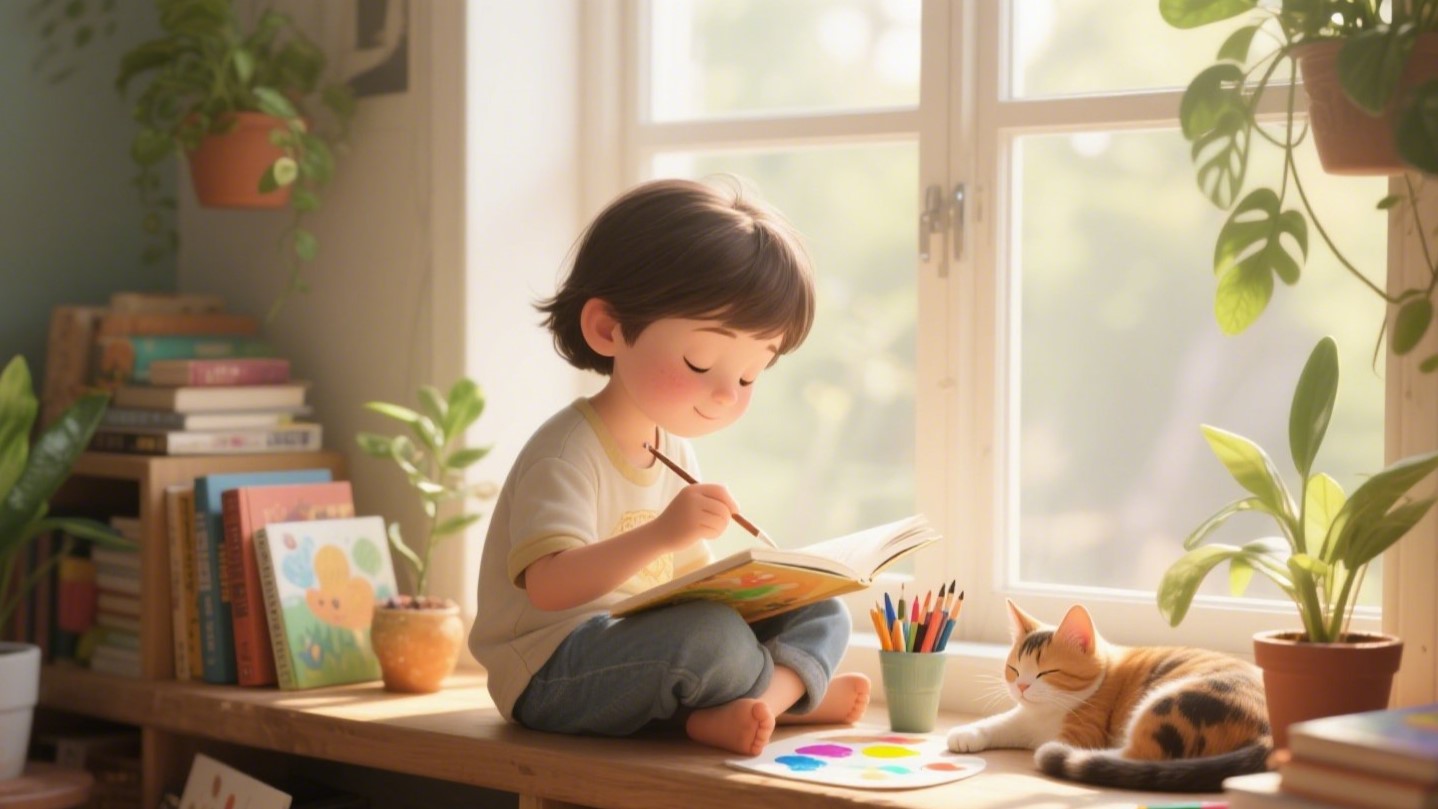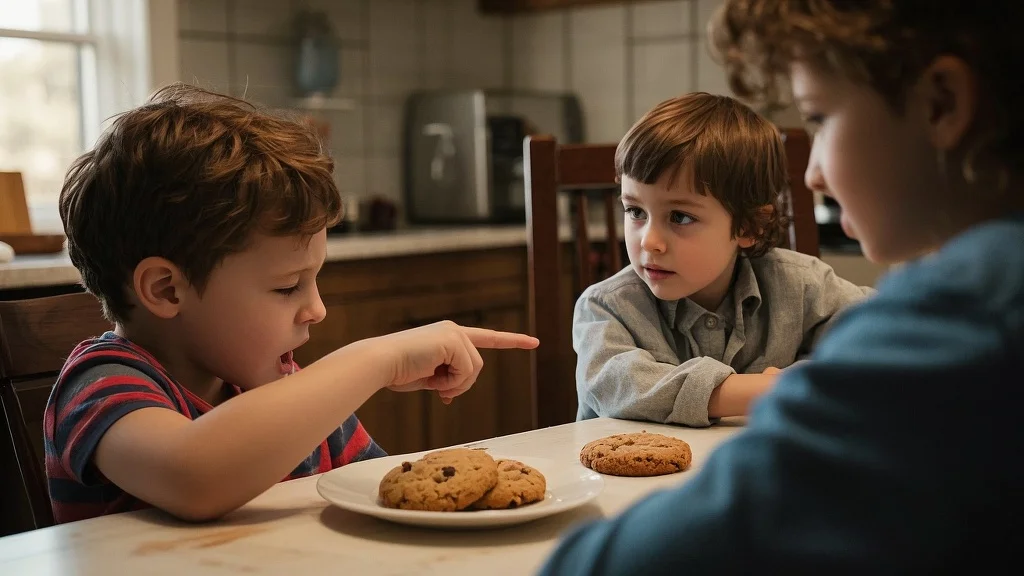In today’s hyperconnected world, giving kids a moment to simply be alone may seem counterintuitive. But contrary to popular belief, alone time isn’t a sign of loneliness—it’s a gift. It nurtures empathy, creativity, self-understanding, and emotional resilience in children.
🧠 Alone Time vs. Loneliness
When my mother-in-law observed my 9-year-old daughter spending an entire afternoon happily painting, crafting, or reading on her own, she was surprised. But for my daughter—and many children—solitude doesn’t equal sadness. In fact, it builds character.
Modern parenting often prioritizes structured activities and constant engagement. But there’s immense value in allowing children to simply be. Even the most social kids benefit from quiet time. As psychotherapist Amy Morin outlined in her Forbes article “7 Science-Backed Reasons You Should Spend Time Alone,” solitude can sharpen creativity, increase productivity, deepen empathy, and help children regulate their behavior.
🌱 How Solitude Strengthens Development
Mumbai-based parenting researcher Hardeep Singh Grover, host of The Curious Parent podcast, advocates for less over-structuring in children’s lives. Alone time allows kids to take ownership of their experiences through unstructured, self-directed play—a critical part of cognitive and emotional development.
Historical figures like Beethoven, Newton, and Kafka thrived in solitude. While not every child will become a genius by sitting quietly with their thoughts, they will gain something equally powerful: comfort in their own company.
🧘♀️ The Psychological Benefits
As children grow, particularly into adolescence, the ability to enjoy and reflect in solitude becomes even more important. It helps them navigate peer pressure, social media, and body image concerns.
Child development psychologist Arati Bakshi emphasizes that alone time teaches patience and impulse control. When a child experiences boredom, they develop resilience and the capacity to reflect on their decisions—skills vital for long-term emotional intelligence.
👶 Alone Time by Age
- Toddlers: Independent play while a parent is nearby.
- Young Children: Parallel play with peers or solo creative activities.
- Preteens & Teens: Reading, journaling, nature walks, or solo hobbies.
The key is moderation. While solitude has benefits, excessive isolation is a red flag. As with any developmental habit, a balanced and age-appropriate approach is best.
🌼 Raising Kids Who Are Comfortable Being Alone
Encouraging solitude helps children develop their sense of self without the pressure of comparison or external validation. Like adults who crave “me-time,” kids also benefit from slowing down and enjoying their own presence.
Moments of quiet reflection can turn into treasured memories—a sketch in a journal, a fort built in silence, a story imagined under a tree. These quiet victories build a child’s inner world.
In a culture that glorifies constant activity and stimulation, teaching your child to value solitude is a radical act of empowerment.








